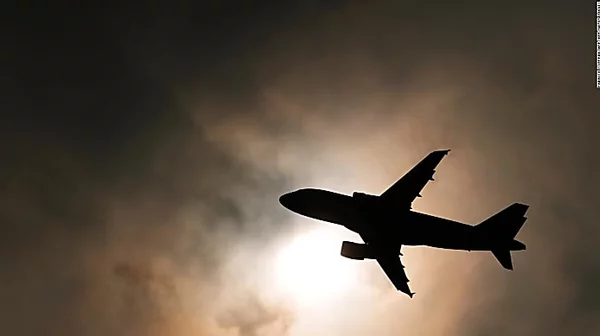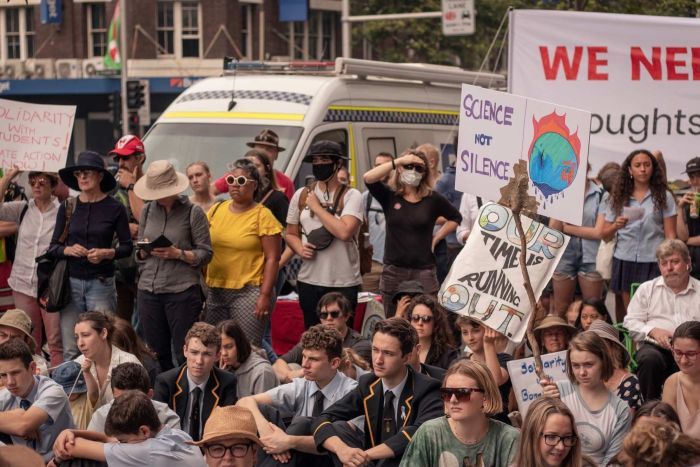
Carlos Manuel Rodríguez, Costa Rica’s minister for energy and environment, specifically blamed the United States, Brazil, and Australia for blocking progress by insisting on climate language unacceptable to most countries.

Between 2007 and 2017, children in eight low- and middle-income countries received, on average, 25 antibiotic prescriptions from birth through age 5 - up to five times higher than the already high levels observed in high-income settings.

The study reports monetary estimates for the main children health problems that are consequences of early exposure to air pollution, 80 percent of which is attributable to burning of coal, oil, diesel and gas.

The NOAA report found that the average North Pole temperature from October 2018 to September 2019 was 1.9 degrees Celsius higher than the 1981-2010 average. Scientists have dubbed the warming phenomenon Arctic amplification.

Petrochemical manufacturers are building 11 new ethylene plants on the Gulf Coast, with capacity for polyethylene growing by 30 percent as developing nations' demand for petrochemical/chemical products continues to increase.

If you pulled 1,000 liters of water out of the ocean, how many small bits of plastic would you expect to find? Ten pieces? One hundred pieces? 8.3 million pieces of what researchers call "mini-microplastic" is the finding of an alarming new study.

BPA or Bisphenol A (a toxic ingredient in plastic products) levels on might be far higher then we previously tested, a new study, that used new device to measure levels of the common industrial chemical in our bodies, suggests

More than 80% of global teens don't get at least one hour of daily exercise, according to a UN health agency study. The findings have implications for physical and mental health as well as youth education.

E-waste is a global problem, while the mining of fresh resources for electronics leaves devastation in its wake. And yet, the more cutting-edge our devices, the harder they are to recycle.

A 2017 report for the European Commission looking at carbon offsetting found that 85% of offset programs failed to deliver "real, measurable and additional" emission reductions, and noted that some projects would have happened anyway.

China was ranked the worst of 50 surveyed countries in a study looking at how extensively and invasively biometric ID and surveillance systems are being deployed. However, about 70% of Chinese residents believe facial recognition made public places safer.

Children's average daily screen time increased from 53 minutes at age 12 months to more than 150 minutes at 3 years, according to a recent analysis. By age 8, children were likely to log the highest amount of screen time if they had been born to first-time mothers.

A series of strikes in cities across Australia took place today as part of the School Strike for Climate Australia in response to recent devastating bushfires.

If we combine all of the estimated deaths of koalas in Australian bushfires, there could be 1,000 koalas that have been killed in the last two months. The extent of the blaze means large tracts of the tree-dwelling koalas’ habitat has been destroyed.

Researchers from the Sweden-based International Pollutants Elimination Network (IPEN) have found that plastic waste shipped from Western countries is contaminating Indonesia's food supply.